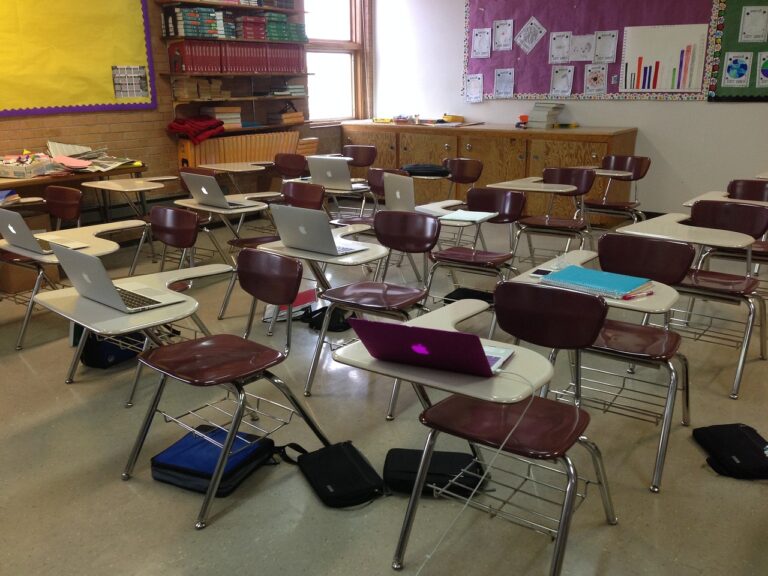Fostering Entrepreneurial Mindsets in Education
Encouraging creativity and innovation in students is essential for nurturing their ability to think outside the box and come up with unique solutions to various challenges. By fostering a creative mindset, students can develop a sense of curiosity and exploration that drives them to explore new ideas and concepts.
Moreover, promoting innovation among students not only enhances their problem-solving skills but also equips them with the tools to adapt to an ever-changing world. Encouraging students to think creatively allows them to approach tasks from different perspectives, leading to a deeper understanding of topics and the development of innovative solutions.
Creating Opportunities for Hands-On Learning Experiences
Active engagement in hands-on learning experiences is paramount in fostering a deeper understanding of concepts among students. By immersing themselves in practical activities, learners are able to grasp complex ideas more effectively than through passive methods alone. Such experiences not only enhance retention of knowledge but also promote the development of essential skills that are vital for success in today’s dynamic world.
Through hands-on learning, students are encouraged to explore, experiment, and problem-solve in a real-world context. This approach empowers them to apply theoretical knowledge to practical situations, honing their creativity and critical thinking skills in the process. By actively engaging with the material, students are not only better able to comprehend the subject matter but are also more likely to retain the information in the long term.
Promoting Critical Thinking and Problem-Solving Skills
Critical thinking and problem-solving skills are essential for students to navigate today’s complex world. By encouraging students to analyze information critically and think independently, educators can help them develop a strong foundation for making informed decisions. Through engaging activities that require students to evaluate different perspectives and find innovative solutions, they can enhance their problem-solving abilities and adapt to various challenges.
Furthermore, promoting collaboration among students can aid in honing their critical thinking and problem-solving skills. Working in teams allows students to share ideas, challenge each other’s viewpoints, and collectively develop strategies to overcome obstacles. This collaborative approach not only fosters a sense of teamwork but also cultivates a supportive environment where students learn to communicate effectively and leverage their diverse strengths to tackle issues creatively.





